
Event details at a glance
Date: Wednesday, December 6, 2023
Time: 8:30 a.m. to 6:00 p.m.
Venue: MaRS Auditorium, 101 College Street with live virtual streaming available
Poster session: Posters will be displayed during the symposium. Trainees will be available to discuss their work on Dec. 6 between 12:10 p.m. and 1:40 p.m.
**Please note that in-person registration is now full. Please email us at info.mbd@utoronto.ca if you wish to attend in-person. Virtual registration is still available.
About the symposium
From Grand Questions to Pivotal Experiments, the theme of this year’s symposium is ‘Intentional Innovation’.
Since 2016, Medicine by Design has married high-risk, high-reward research, with a strategy for accelerating the early-stage translation of emerging innovations toward new regenerative medicine products and companies.
Invited speakers and Medicine by Design principal investigators and trainees will share the impacts of their research across the innovation continuum.
We will also hold a poster session featuring the research of select trainees working on Medicine by Design-funded projects.
Invited speakers
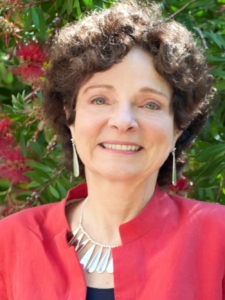
“Regenerating and rejuvenating aged tissues by targeting a gerozyme”
Helen Blau — Donald E. and Delia B. Baxter Foundation Professor and Director, Baxter Laboratory for Stem Cell Biology, Stanford University School of Medicine
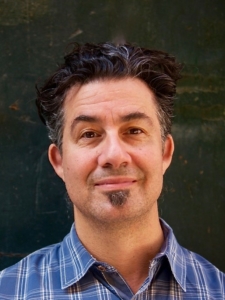
“Stem cell science and the genesis of new therapeutic strategies for patients”
Derrick Rossi — President and CEO, Convelo Therapeutics, Co-founder of Moderna Therapeutics
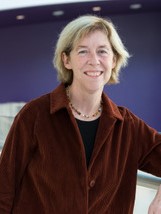
“Exploring skin cell heterogeneity at single cell resolution”
Fiona Watt — EMBO Director, European Molecular Biology Laboratory
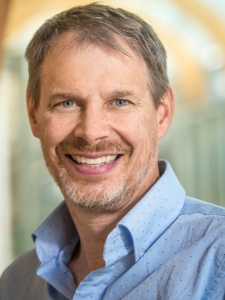
“Engineering stem cell development and differentiation”
Peter Zandstra — Professor and Director, School of Biomedical Engineering and Michael Smith Labs, University of British Columbia and Co-Founder ExCellThera and Notch Therapeutics
Sessions
Session 1: Living therapy innovations in neurological diseases
- Molly Shoichet – University Professor, Institute of Biomedical Engineering and Department of Chemical Engineering and Applied Chemistry and Scientific Director, PRiME, U of T
- “Astrocyte to neuron reprogramming for stroke recovery” Jack Hickmott – Postdoctoral Fellow (Morshead Lab), Department of Surgery, U of T
- “Genetic therapies for ultra rare neurogenetic disorder” Dr. James Dowling – Senior Scientist, Genetics and Genome Biology,The Hospital for Sick Children (SickKids)
Session 2: Tackling cardiac disease with regenerative approaches
- “Heart regeneration with human pluripotent stem cells” Dr. Michael Laflamme – Senior Scientist, McEwen Stem Cell Institute, UHN
- “Cell-based vascularization for cardiac regeneration post myocardial infarction” Xuetao Sun – Research Associate (Vasconcelos Lab), Toronto General Hospital Research Institute, UHN
- “Algorithm-directed bioprocess optimization for advanced physiological maturation of iPSC-derived cardiomyocytes” Craig Simmons – Professor, Institute of Biomedical Engineering and Department of Mechanical and Industrial Engineering U of T and Scientific Director, Translational Biology and Engineering Program, Ted Rogers Centre for Heart Research
Session 3: Panel discussion – Driving discovery to impact in Regenerative Medicine: the role of innovative partnerships
- Moderator: Michael May – President and Chief Executive Officer, CCRM
- Helen Blau – Donald E. and Delia B. Baxter Foundation Professor and Director, Baxter Laboratory for Stem Cell Biology, Stanford University School of Medicine
- Derrick Rossi – President and CEO, Convelo Therapeutics and Co-founder of Moderna Therapeutics
- Fiona Watt – EMBO Director, European Molecular Biology Laboratory
- Peter Zandstra – Professor and Director, School of Biomedical Engineering and Michael Smith Labs, University of British Columbia and Co-Founder ExCellThera and Notch Therapeuticss
Session 4: Novel strategies for immunomodulation
- “New insights into IL-10-producing ILC2s and their applications in cell therapies” Sarah Crome – Senior Scientist, Toronto General Hospital Research Institute and Ajmera Transplant Centre, UHN
- “In vitro generation of human CD4 T lineage cells from stem cells” Julius Landas – PhD Candidate (Zúñiga-Pflücker Lab), Department or Immunology, U of T
- “Why different is good: immunomodulation through heteroatomic tuning of ionizable lipids” Omar F. Khan – Assistant Professor, Institute of Biomedical Engineering and Department of Immunology, U of T
Poster session
The symposium will feature an in-person poster session to highlight the innovative research taking place in Medicine by Design-funded labs. The posters will be judged and prizes will be available for top posters, most translational research and people’s choice.
All attendees are encouraged to browse the posters, which will be displayed during the symposium. Trainees whose posters are featured in the session will be available to discuss their work on December 6, between 12:10 p.m. to 1:40 p.m.
Sponsors
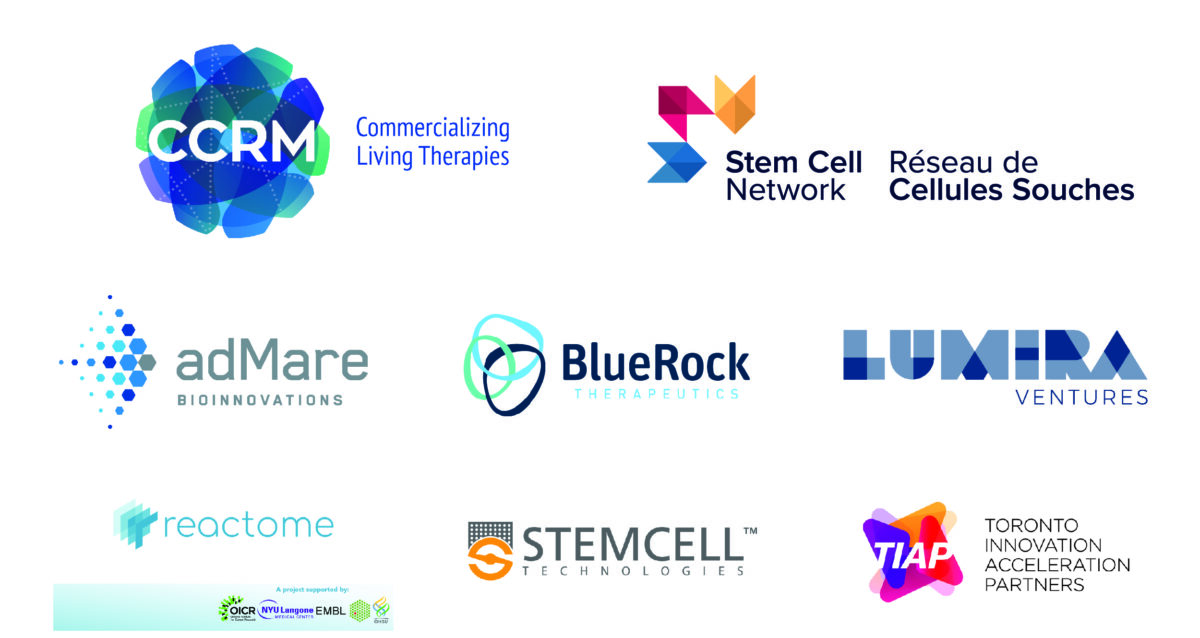
Contact
Please email info.mbd@utoronto.ca if you have any questions about the symposium.
